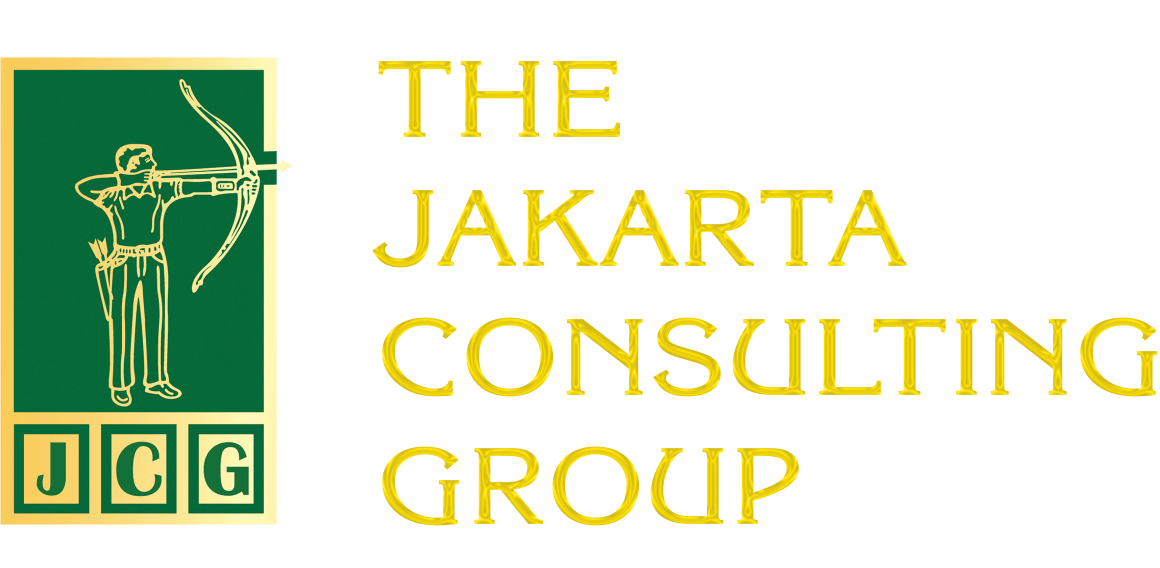The Threat of Gatekeeping. Ever heard of the term gatekeeping? Literally, it means, of course, gatekeeper. However, in the context of the workplace, gatekeeping means restricting access to information, resources or opportunities by certain people or groups. Gatekeeping can be done either intentionally or unintentionally. But the impact is the same: it hinders progress, both individual and corporate.
Gatekeeping has many examples. For example, a manager or senior employee doesn’t share important information about a project or a change in company policy with the team. As a result, other team members find it difficult to complete tasks effectively. Another example is a boss who does not recommend or delays a member of his team to be promoted, even though he deserves it. Or supervisors who are reluctant to provide training to their team members so that their competence stagnates. There are also middle managers who filter reports or team performance results so that only information that is favourable or according to their agenda reaches executives. There are also instances of managers or supervisors who lead a meeting unwilling to provide a fair opportunity for everyone to express their ideas and opinions.
The Threat of Gatekeeping
Keep in mind, gatekeepers can be anyone, including co-workers of equal status. So, it’s not just supervisors, managers, or company directors. There are various reasons why people do gatekeeping. Starting from fear of losing power, wanting to look more important than others, wanting to look the most competent, and even intending to discriminate.
From a company’s perspective, gatekeeping often arises due to outdated organizational structures. Unhealthy office politics also foster gatekeeping. The same goes for excessive sectoral ego. Each section prioritizes its own section so much that other sections cannot access necessary information or resources. Whatever the cause, gatekeeping can cause employees to lose motivation, hinder innovation, slow decision-making, and lead to mutual distrust, even hatred. The work environment becomes toxic. Why? In a gatekeeper-controlled work environment, people fight over resources, which are limited. Under these conditions, people will do anything, even if it is unethical or against the law.
Employees who experience gatekeeping will feel frustrated. His work is hampered. Their careers don’t progress. This is certainly bad news for career hunters.
Can’t Stay Silent
Given the adverse effects, organizations should not remain silent. There are actions that must be taken, namely enforcing transparency, reviewing organizational structures, rewarding team success in addition to individual success, leadership development that prevents gatekeeping, and good career management.
How to enforce transparency? Companies must ensure that true, accurate, complete and relevant information reaches employees. This can be achieved for example through open meetings and preventing silo communication.
Rigid organizational structures often result in gatekeeping. This is because decision-making authority is only vested in a few people, even for non-strategic matters. Organizations can enforce a flatter organizational structure, encourage cross-functional collaboration, and empower employees at all levels to contribute.
So far, many companies have focused more on individual achievements. This is certainly good for motivating the individual. But keep in mind, many activities will only be successful when done by a solid team. By including an assessment of the team’s achievements, individuals can avoid gatekeeping.
Many organizational leaders often engage in gatekeeping without realizing the dangers. Therefore, in leadership development, it is necessary to emphasize the importance of delegation, transparency, and empowerment. Training is important in this regard.
Organizations should be consistent with career management, such as setting clear criteria for employee promotions. This minimizes opportunities for gatekeeping. The same goes for other HR functions such as training and performance appraisals.
So, what can employees do to avoid gatekeeping?
First of all, employees must understand their duties and responsibilities. Also, ensure that every task and responsibility they carry out is properly recorded. If access or information they request is denied without any clear reason, employees can ask for clarification politely and through the channels provided.
Next, build a wide network within the organization. Get to know and interact with as many people in the company as possible. By doing so, employees can avoid those who may be perceived as gatekeepers. This is where having good communication skills is important.
For employees who are ambitious to develop their careers, do not hesitate to seek feedback. What are some things that can be improved? Also, don’t hesitate to take opportunities to develop yourself. This way, your presence will be taken into account.
What if you, as an employee, get caught up in gatekeeping? Be careful in your words, behavior, and actions. Express your concerns and offer solutions. The concern here is about the negative impact on the organization, not just the individual.
The Threat of Gatekeeping
Category: Human Capital & Talent Management
#gatekeeping #organizational structure #transparency #leadership #career management











